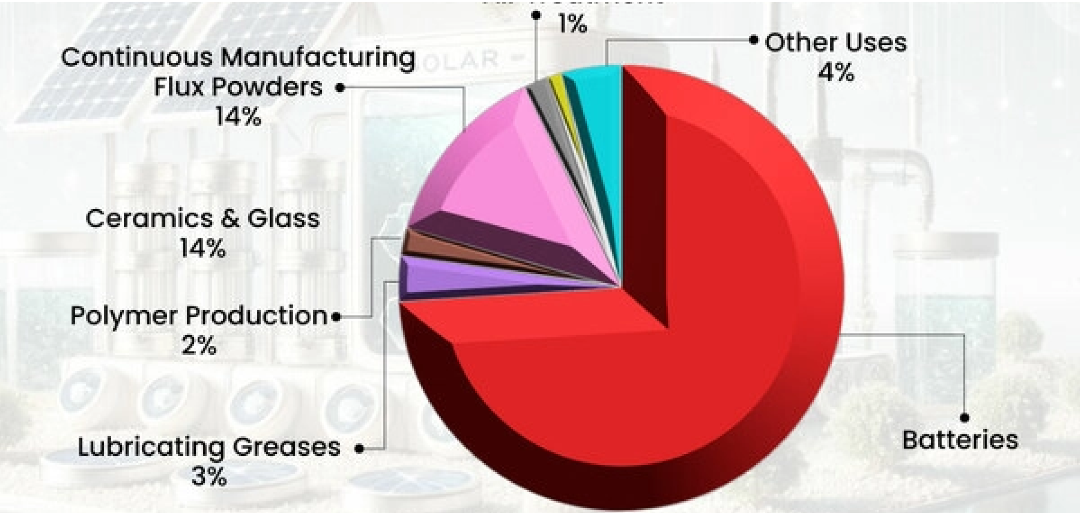China’s Ban on Rare Earths Export Affects Electric Vehicles Production in Western Economies
China is progressing in different industrial applications with its sky-high productivity of raw materials in 2024. China's announcement to ban rare earth elements exports significantly affects the energy sector. The nation's strong step to limit its expansion of rare earth elements suggests its competitive mindset. Hence, a ban on China's exports of rare earth elements will affect other developed economies' industrial sectors in 2024.
Rare earth elements are a group of seventeen metals used extensively in industrial production. Its application ranges from electric vehicles, smartphones, computers, lasers, defense technologies, missiles, and others. Hence, rare earth elements pose a wide industrial application. Further, its application in electric vehicle manufacturing indicates its role in the clean energy transition. Experts believe rare earth elements are essential in clean energy technologies and decarbonization. China's ban on exporting rare earth elements will affect the manufacturing of clean technologies in the Western country in 2024. Electric vehicle manufacturing will suffer the ban on the export of rare earths in 2024. Research also predicts banning heavy rare earths will affect the transition to clean energy. It is due to electric vehicles' role in reducing carbon emissions. Since semiconductors are essential for electric cars and battery manufacturing, rare earth elements are important.
European Union and the United States announced that extra taxes would be imposed on exporting Chinese electric vehicles in 2024. Further, it forces the nation's self-reliability on primary elements for EV manufacturing. However, China's bans on the export of rare earth elements happened before Western economies imposed tariffs on EVs. Hence, experts claim that the West's unwelcoming fate is to suffer industrial losses in 2024. China dominates the world with rare earths availability. However, other nations like Brazil, Australia, Vietnam, and India hold a notable number of rare earth deposits worldwide. These regions are in the developing phase of exporting rare earth materials to Western countries.
Moreover, as mentioned earlier, the availability of rare earth in the nations covers only half of the world's demand. Hence, it will indirectly affect the auto industries majorly in 2024. Western economies will face a significant impact due to the low availability of rare earth elements.

